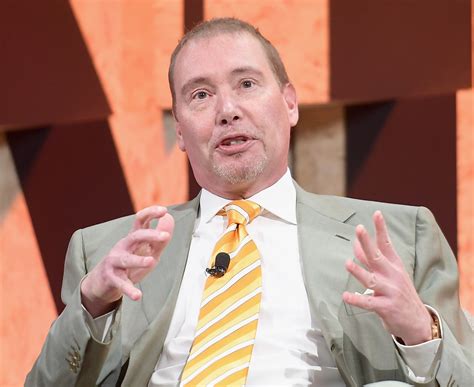A Quote by Ritesh Agarwal
From my perspective, as an entrepreneur, one is wired to take risks. You, of course, need to be smart and take calculated risks, and then do all you can to make it worth the risk.
Quote Topics
Related Quotes
When large companies take on risk, then they impose risks on the rest of the system. And these are systemic risks and these systemic risks we never used to think were really that important, but as soon as we recognize how the financial sector - the risks the financial sector takes on can impact the entire global economy, we realize that those risks needed to be controlled for the social good.
In terms of getting people to experiment more and take more risk, there are at least three things that immediately come to my mind. Number one, of course, is role-modeling it yourself. Number two is when people take intelligent, smart risks and yet it doesn't work out, not shooting them. And number three, being honest with yourself. If the culture you have is radically different from an experiment and take-risk culture, then you have a big change you going to have to make—and no little gimmicks are going to do it for you.
The thing is doing it, that's what it's all about. Not in the results of it. After all what is a risk? It's a risk not to take risks. Otherwise, you can go stale and repeat yourself. I don't feel like a person who takes risks. Yet there's something within me that must provoke controversy because I find it wherever I go. Anybody who cares about what he does takes risks.
At this stage in my career, I don't have to take any big risks. You want to take a calculated risk, not one that leads to people saying 'yes, but there was that one time when she made that big mistake.' It's always a shame when that happens, especially if you've gotten by for decades without anything hugely tragic.

































